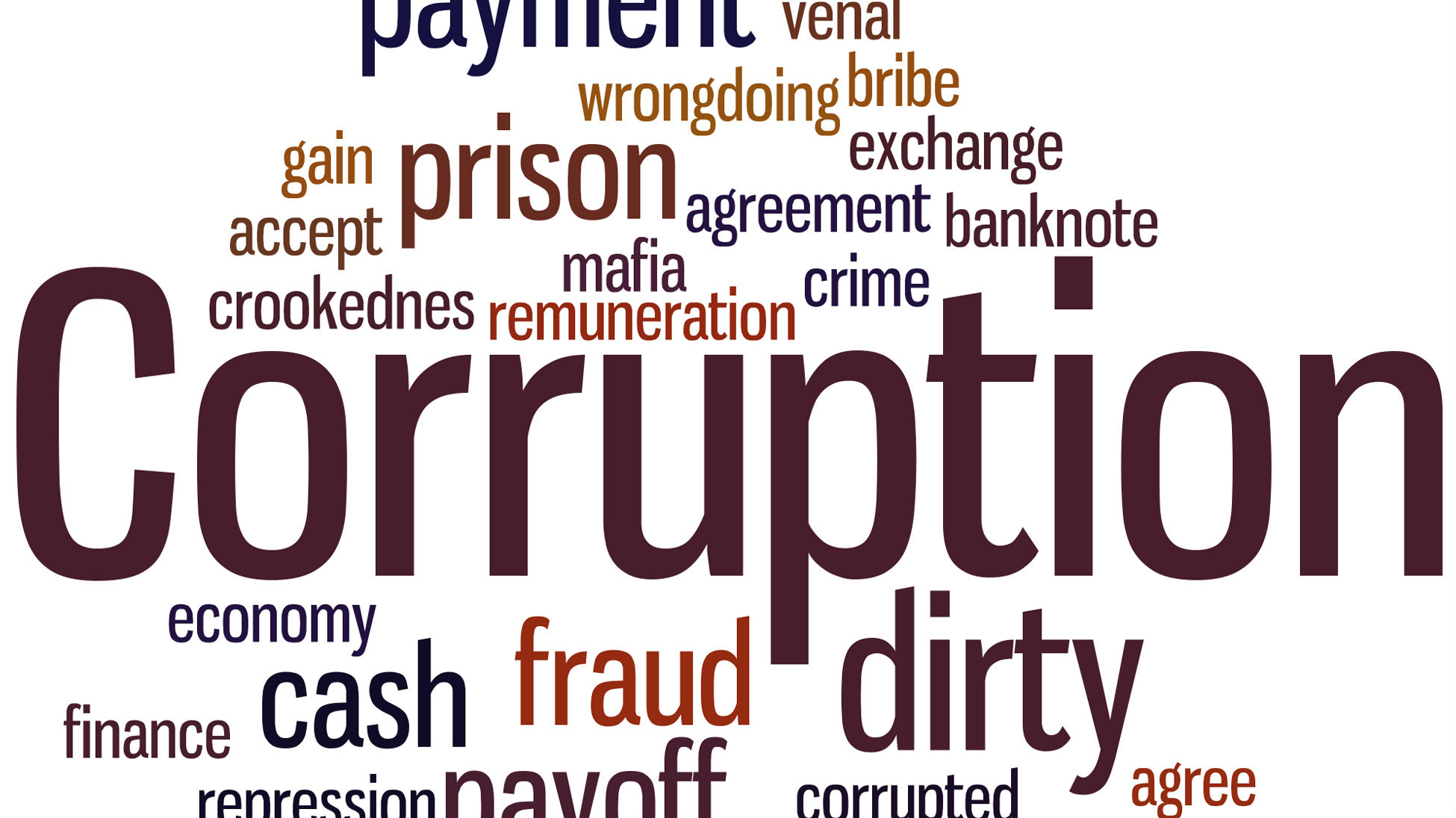By Alusine Fullah
For today’s CONCH, I have decided to blow my conch on the steps in the fight corruption. Yes, corruption has been and it will always be. In line with that, fighting corruption is mammoth task. The fighters need to really get into their toes in fighting corruption. Because, honestly, corruption will always fight back. Hilariously, people normally say corruption started in hands of the guys who crucified or nailed Jesus Christ. Hilariously, people say those guys were given four nails but stole the one and used three only. Haaaa! Critically, that tells you that corruption has started since Adams’ days.
Corruption in Sierra Leone is that the leaders who claim to be fighting it are often as corrupt as the others. This is why one leader comes to power claiming their predecessor was corrupt, and then they simply perpetuate the bad system. We’ve seen this in Sierra Leone Parliament moving from Paran Tarawallie and his wife scandal. Today, parliament is worse off on transparency and corruption – such that even his anti-corruption chief was accused of corruption by the Anti-Corruption Corruption. The fight against corruption in Sierra Leone gained momentum, at least in terms of policy direction, following the enactment of the Anti-Corruption Act 2000 and the Amendment Act in 2008. It is considered to be one of the most robust anti-graft laws in the world and its promulgation is in recognition of the international and national resolve to fight the menace, owing to its devastating effects, especially in the Least Developed Countries (LCDs) of the world. The Anti-Corruption Act of 2000, though viewed as a tremendous move towards curtailing corruption, was riddled with shortcomings. Practitioners viewed the Act as limited in the number of proscribed offences created, coupled with the lack of independence signified by the absence of prosecutorial powers. With the enactment of the Amendment Act in 2008 and another new amendment in 2021, it is crucial to examine how far we have gone in the fight against corruption. But honestly, we have gone too far in the fight corruption. This article is about sing praising what the ACC has done in the fight against corruption since its inception as an institution. This article proffering steps that can vividly help in the fight against corruption in Sierra Leone.
The fight against corruption in Sierra Leone gained momentum, at least in terms of policy direction, following the enactment of the Anti-Corruption Act 2000 and the Amendment Act in 2008. It is considered to be one of the most robust anti-graft laws in the world and its promulgation is in recognition of the international and national resolve to fight the menace, owing to its devastating effects, especially in the Least Developed Countries (LCDs) of the world. The Anti-Corruption Act of 2000, though viewed as a tremendous move towards curtailing corruption, was riddled with shortcomings. Practitioners viewed the Act as limited in the number of proscribed offences created, coupled with the lack of independence signified by the absence of prosecutorial powers. With the enactment of the Amendment Act in 2008 and another new amendment in 2021, it is crucial to examine how far we have gone in the fight against corruption. But honestly, we have gone too far in the fight corruption. This article is about sing praising what the ACC has done in the fight against corruption since its inception as an institution. This article proffering steps that can vividly help in the fight against corruption in Sierra Leone.
The first step to fighting corruption is to strengthen the efficiency and independence of the justice system. So much of this fight depends on the relationship between political leaders and the institutions responsible for enforcing and interpreting the law.
Another step is to make policies that raise the living standards of the people so that they’re less likely to depend on others for basic needs. African politicians are often under a lot of pressure from their constituents, and this pressure isn’t for better laws or governance. It’s for money to buy food, pay hospital or school fees, or augment a struggling business. Poverty and unemployment rates are usually so high that many people look to wealthy people as benefactors. A government that truly cares about curbing corruption doesn’t impose policies that make the people poorer and make it harder for them to meet their needs. On this note, what’s happening in Lunsar, a mining town in Sierra Leone, is unprecedented.
The third step in tackling corruption is to entrench democratic freedoms such that people can convert information to action without fear or intimidation. They can vote in free and fair elections to remove corrupt officeholders – or they can demonstrate to force their resignation.
Sierra Leone leaders who truly want to stamp out corruption must show that they’re willing to do the right thing for this country, even if it’s going to harm their party or their political associates. It’s ridiculous to allow corruption to thrive in their own administration and party while they claim to fight corruption. That won’t root out this problem in Africa. It’s going to take even-handed commitment. This is a lesson for Sierra Leone as the country marks 60 years of independence this year.
Unenlightened people cannot do so either. Literacy rates are rising in sub-Saharan Africa, but the rates still lag behind those in the rest of the world. Sierra Leone’s literacy rate is only 43%, for instance, and there are gaps in the society’s capacity to challenge authority.
This is why, to deal with corruption, there’s a need to strengthen the education system and promote a free press. In many cases, people who go through a proper education system are enlightened about their civic responsibilities and can make better sense of the happenings around them. When there is a free press and the majority of citizens are enlightened, it deters politicians who want to take public funds because they know there will be strong civic action – on the streets, at the voting booths – and there will be consequences when they’re exposed.










